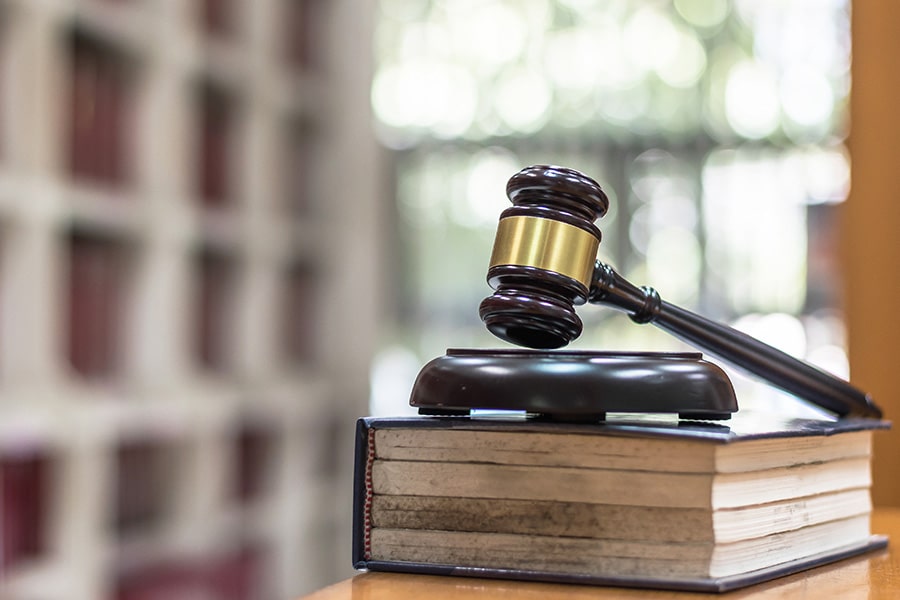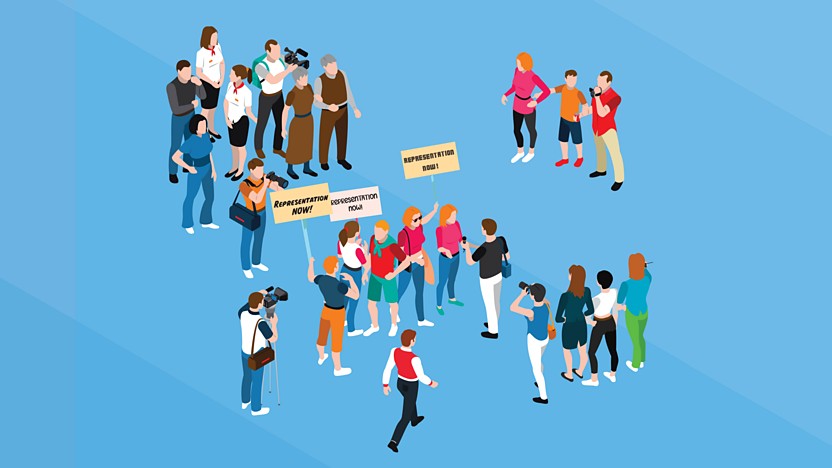Mediation Success Stories: Real Case Studies in Vietnam
Mediation has emerged as a popular and effective alternative dispute resolution (ADR) method in Vietnam, offering individuals and businesses a way to resolve conflicts amicably and more efficiently than traditional litigation. With a focus on collaboration, communication, and creative problem-solving, mediation fosters positive outcomes for all parties involved in a dispute. This article highlights several successful mediation case studies in Vietnam, demonstrating how mediation can effectively resolve conflicts across various contexts.
Case Study 1: Resolving a Family Dispute
Background
In this case, a family dispute arose over the inheritance of ancestral property following the passing of a patriarch. The deceased had left behind a will that not only ambiguously divided the property among the heirs but also displayed personal sentiments that led to misunderstandings and conflicts between family members.
Mediation Process
Recognizing that the family was struggling to navigate their disagreements, they decided to engage a professional mediator with expertise in family disputes. The mediator facilitated a series of meetings with all family members, where they could openly express their thoughts and feelings.
Key steps included:
- Establishing Ground Rules: The mediator set ground rules to ensure respectful communication and prevent escalations during discussions.
- Sharing Perspectives: Each family member was given the opportunity to share their perspectives on the will and its implications, allowing for the airing of grievances and misunderstandings.
- Exploring Interests: The mediator helped the family identify their underlying interests beyond merely dividing the property. Many family members sought to preserve family harmony and ensure mutual respect.
Outcome
Through mediation, the family reached an agreement that reassured all parties about their inheritance while also deciding to create a shared fund to undertake renovations on the ancestral property. The mediation successfully restored relationships and ensured that future conflicts could be more amicably discussed among family members.

Case Study 2: Business Partnership Dispute
Background
A small technology startup in Vietnam faced a significant dispute between its co-founders, stemming from disagreements about the company’s direction, financial strategies, and management styles. Tensions escalated to a point where one founder threatened to leave the business.
Mediation Process
Feeling the pressure of a potential breakup, the parties opted for mediation, hoping to salvage both their working relationship and the company. They selected an experienced mediator specializing in business disputes.
Key elements of the process included:
- Identifying Key Issues: The mediator helped the founders clarify specific points of contention, allowing them to focus on resolving core issues rather than getting bogged down by peripheral conflicts.
- Facilitating Dialogue: The sessions provided a platform for both parties to express their frustrations and aspirations for the company, fostering mutual understanding that had been lacking previously.
- Creative Problem-Solving: The mediator encouraged the co-founders to brainstorm various possibilities for the company’s future that aligned with both their interests.

Outcome
Ultimately, the mediation resulted in a collaborative restructuring of the company’s management and operational framework. By redistributing specific roles based on each founder’s strengths, they were able to align their goals and re-establish a productive working relationship. The mediation kept the startup intact, leading to improved dynamics and business growth.
Case Study 3: Real Estate Dispute Resolution
Background
In a property development project in Ho Chi Minh City, a conflict arose between a developer and local government authorities concerning construction permits and land use rights. The developer faced delays due to alleged non-compliance with zoning laws, resulting in escalating tensions and potential financial losses.
Mediation Process
Recognizing the need for a swift resolution to avoid damaging project timelines, the developer and local authorities engaged in mediation facilitated by a seasoned mediator with expertise in real estate matters.
Key steps involved:
- Joint Sessions: Both parties participated in joint mediation sessions, allowing them to present their viewpoints and concerns while maintaining a constructive environment.
- Clarification of Regulations: The mediator helped clarify relevant zoning laws and regulations, enabling both parties to better understand their rights and obligations.
- Collaborative Solutions: The mediator guided discussions toward collaborative solutions, which included adjusting the development plan to ensure compliance and allowing the project to move forward.
Outcome
The mediation resulted in a revised development plan that satisfied both the developer’s goals and the local government’s regulatory requirements. The resolution enabled the developer to proceed with the project in compliance with legal standards while fostering a more positive relationship with the local authorities. As a result, the developer avoided lengthy litigation and associated costs.

Case Study 4: Labor Dispute Mediation
Background
A labor dispute arose between a manufacturing company and its employees concerning wage discrepancies and working conditions. Employees claimed that promised bonuses and overtime pay were not honored, creating dissatisfaction and low morale.
Mediation Process
To address the grievances without resorting to strikes or expensive litigation, the company decided to hold a mediation session involving company management and employee representatives.
Key aspects of the mediation included:
- Neutral Mediator: A third-party mediator was brought in to ensure that discussions remained productive and equitable.
- Listening Sessions: The mediator facilitated listening sessions where employees voiced their concerns and management could respond directly, fostering open dialogue.
- Identifying Solutions: The mediator guided both sides in exploring workable solutions, including the adjustment of compensation structures and improved working conditions.

Outcome
The mediation led to an agreement in which the company committed to honoring the promised bonuses and resolving discrepancies in pay. Additionally, they established regular communication channels for future concerns regarding working conditions. This resolution improved employee morale and reinforced trust between management and workers.
Key Takeaways for Successful Mediation
- Select Skilled Mediators: Choose mediators with expertise in the specific area of the dispute, whether family dynamics, business relationships, or real estate matters.
- Focus on Communication: Encourage open and respectful communication among parties to facilitate productive discussions.
- Emphasize Collaborative Solutions: Engage participants in brainstorming innovative solutions, focusing on common interests and shared goals.
- Document Agreements: After reaching a resolution, ensure that all agreements are documented clearly in a written memorandum to prevent any ambiguity or future disputes.
- Follow-Up: Establish follow-up procedures to monitor the implementation of agreed-upon solutions and ensure compliance.
The Role of Civil Litigation Lawyers
While mediation can often resolve disputes without the need for litigation, engaging a civil litigation lawyer is important for individuals and businesses involved in ongoing disputes.
1. Legal Guidance
Civil litigation lawyers offer expertise in understanding legal rights and obligations, helping clients navigate the intricacies of both mediation and litigation processes.
2. Representation
Should disputes escalate to litigation, experienced attorneys provide representation in court, advocating for their clients’ interests and ensuring that legal arguments are effectively presented.

3. Negotiation Support
Lawyers can assist in developing negotiation strategies for settlement discussions, ensuring that their clients’ interests are prioritized and protected.
Conclusion
Mediation is an effective tool for resolving a wide range of disputes, from personal and familial disagreements to complex business conflicts and labor disputes. By understanding the importance of mediation and the possible outcomes, individuals and organizations can foster a culture of collaboration and ensure that their rights are protected. Engaging experienced professionals, including mediation experts and civil litigation lawyers, enhances the effectiveness of the dispute resolution process. With the right strategies in place, parties can work toward amicable solutions that preserve relationships and promote positive outcomes in a variety of contexts. Ultimately, effective conflict resolution fosters a healthier environment for personal and professional relationships, leading to long-term success and harmony.
